Anwar Rasheed interview: 'Fahadh, Amal have not charged a single penny for Trance'

Mail This Article
In this exclusive interview, ace director-producer Anwar Rasheed, one of the most reclusive film-makers in Malayalam, announces his next three projects, describes the Trance experience and how he discovered the 'Thilakan Method of Acting'.
The obvious first question. Why do you stay so reclusive?
It’s more of a character trait, I guess. Even in my friends’ circle, I am the one who talks the least.
Some of your friends in the industry are very vocal even on social media, but there too, you choose to stay silent. Have you become apolitical over the years?
We are living in an age where film-makers or artistes are obliged to take a certain political stand. If/when you do it, do it out of compulsion, we tend to share half-baked opinions or even unverified information, leading to chaos and vicious debates. In the process, we are also damaging the prospects of a wonderful medium. It’s just that I don’t want to comment on anything under the sun and let a larger society know about it.
How did you spend the last 150 days of lockdown?
Like everyone else, I was closeted at my Kochi home, watching/ revisiting many classics. But beyond a point, watching films too got tedious and that was when I started doing my homework on the next few projects. Of course, spending time with family was the biggest takeaway in the lockdown period. I have spent considerable time listening to stories from many, for my production house. I have also started reading/researching about global film-makers who have crossed 50 and how they have evolved and what work they have done when they were ageing and how they have stayed active and relevant. It is fascinating to take a peek into those film-makers’ lives. For inspiration, you look no further.
Like who?
One of my favourite film-makers, Emir Kusturica, for instance. He is also a musician, actor and an architect. I am not sure how many people know it, he has designed and built an ethno village called Drevngrad, sandwiched between two mountains. There are many other inspirational tales.
So what next?
We are all waiting for the pandemic to get over so that we can go back to the old days. There have been many interesting discussions and I have finally picked three projects of which one I will direct. The first production will be directed by Alphonse Puthren and the second will be my debut film as director in Tamil with Arjun Das of Kaithi fame as lead actor. The third will be the big-screen version of Othalanga Thuruthu [a YouTube comedy series in Malayalam, which became popular during the lockdown]. My production company plans to roll out all three films once we tackle Covid-19.
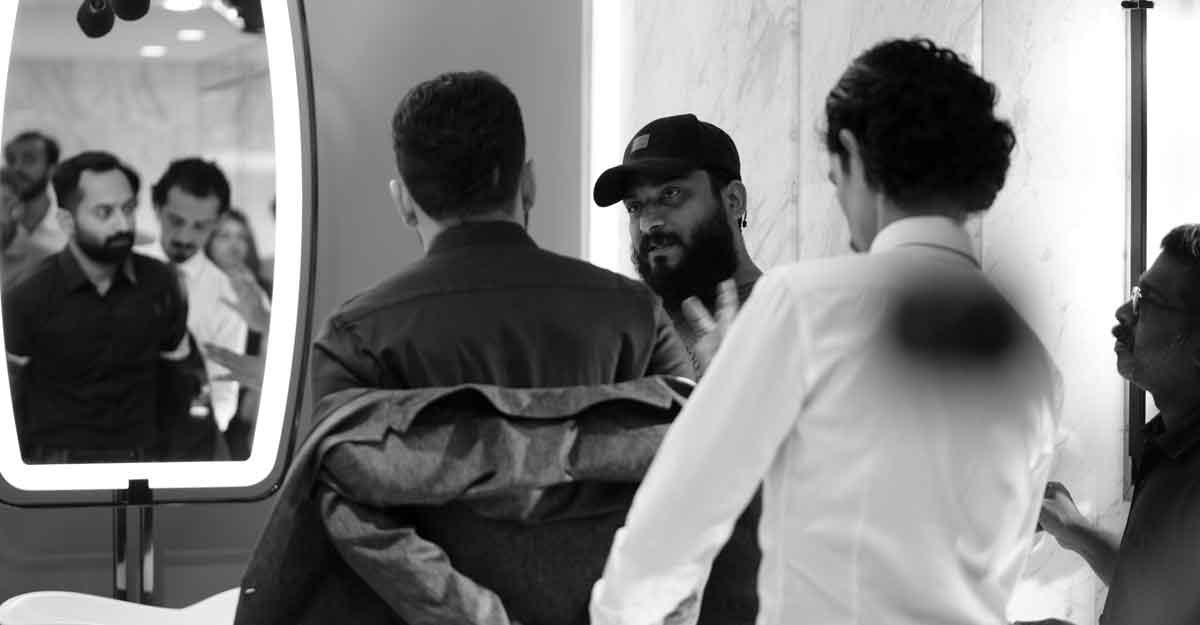
Wow, you seem to be on a roll. We are particularly curious about the Alphonse film.
It’s too early to talk about the film or its cast, but what I can tell you all is that it will be an interesting thread which is being written by Alphonse himself. It’s not the musical project he has been longing to make in Tamil, but an entirely new flick in Malayalam. Othalanga Thuruthu, again, is not exactly an adaptation of sorts, but a new version with the same set of actors, sequences and locations. Ambuji, who made the series, will direct the flick once he wraps up the ongoing episode.
What drew you to Othalanga Thuruthu?
Its freshness, unique characters and a backdrop rarely captured. As I have already said, it won’t be a mere big-screen replica of what you have seen so far. Ultimately, it’s pure entertainment.
Tell us more about the Tamil film. How closely do you follow the Tamil film industry?
Since childhood, I have been watching Tamil films and I have always wanted to be a part of the industry. I think no other regional language industry churns out films with such great entertainment value like Tamil does. So when I came across a script that unfurls in a Tamil Nadu village, I knew this would be the ideal project to make my debut. Around the same time, I watched Arjun in Kaithi and there I spotted my lead actor. Everything fell suddenly in place. There is another surprise here as the story and script will be written by Midhun Manuel Thomas (director of Malayalam flick Anjaam Paathira).
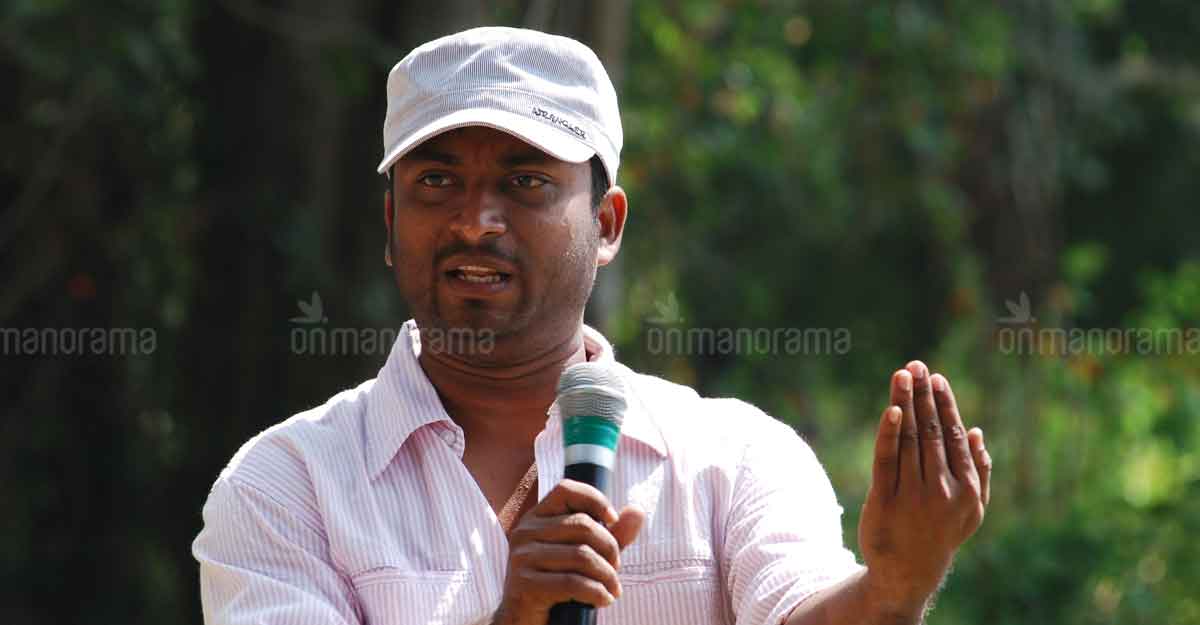
We still have no clue about when films and other entertainment sectors will resume work. Are you pondering an OTT release at least for Othalanga Thuruthu?
No, all films will have only a theatre release. At this stage, I don’t want to jump on to the online bandwagon and break the chain where multiple stakes – read lives – are involved. Someday, when we conquer the virus, we will have to start making films for the silver screen. It’s not that tough to make a film for OTT and have it released, but I would rather wait for the pandemic to end. Also, it’s not feasible for an industry like Malayalam to solely rely on OTT platforms, something that has to co-exist with satellite, overseas rights and other business revenues.
So are you against the concept of streaming films?
No. In fact, I am all for it. If a producer wants to go ahead and release his films on OTT platforms, s/he has every right to do it. For low-budget regional films, it is certainly a good model. Any organization that is created to protect the interests of producers should not oppose such releases. If you don’t want producers to commit suicide or suffer from life-long depression, you should allow them to make films for any platforms they like/choose.
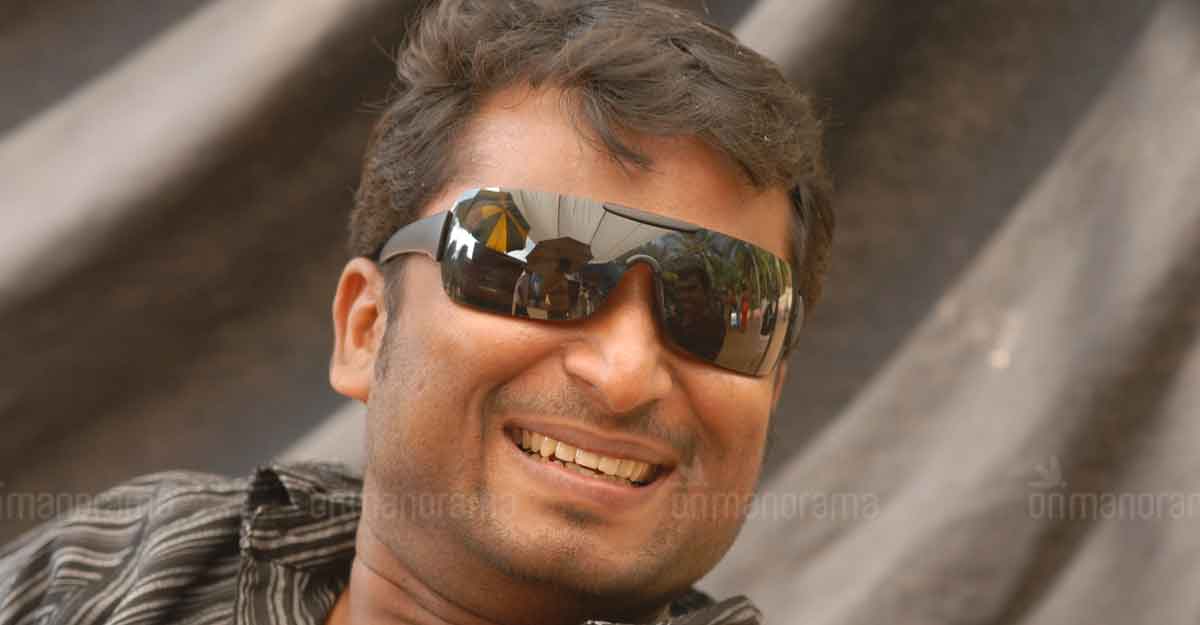
As a producer and director, whatever you have touched has turned into gold, except your last film Trance.
Once a film is out, is it not futile to talk about it? But I agree the entertainment quotient in Trance was less when compared to my previous films – both as director and producer.
But Trance was your most ambitious and expensive film which you have painstakingly shot for years. Was it heart-breaking in the first week when mixed reviews came in, followed by a lukewarm response at the box-office? What could have possibly gone wrong?
I am no philosopher to say that nothing affects me, but honestly I have moved on, rather quickly. Some films will be loved, some adored, some dissected, and some thrashed or hated. It’s as simple as that and as a film, Trance is history.
Box-office results aside, Trance has many fans.
Yeah, I have got many calls, mostly from other industries. For instance, Tamil filmmaker KV Anand said Trance is one of his favourite films -- and technically the best -- in Malayalam in the last five years. Telugu film-maker Puri Jagannath and Tamil director Arun Prabhu (Aruvi) too called up.
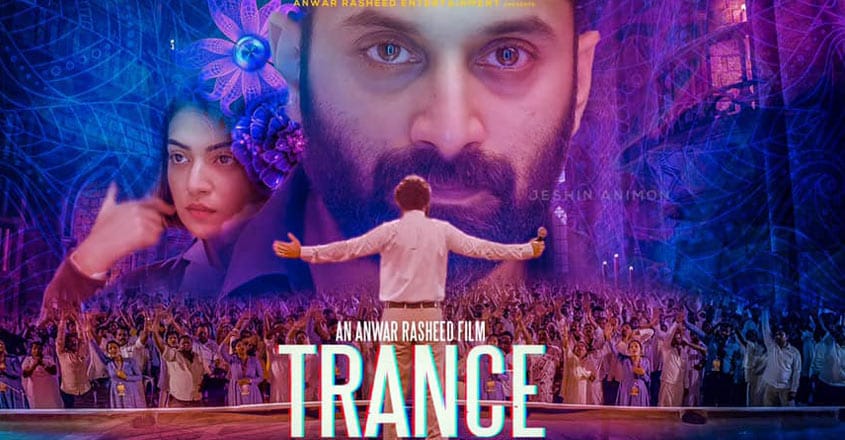
What did Fahadh Faasil, who has spent over three years for the film, say? Also Amal Neerad, your cinematographer? What was their reaction to the response?
The last time I worked with Fahadh and Amal was for the 2013 film Aami (Anchu Sundarikal) , which was one of the most enjoyable, stress-free shooting processes I have ever been part of. Ever since, we have always wanted to work together, soak in that experience and shoot a film in our own space and terms, and thus Trance happened. Trance is THE most cherished shooting experience/process I have been involved in and I believe it’s the same for both Fahadh and Amal. So for the three of us, the process was more important, than say its outcome. And you know what? Fahadh and Amal have not charged a single rupee as remuneration for the film. I am indebted to both of them, for their trust, friendship and confidence. If I say everything else is insignificant, what will you say? That’s Trance for us.
That is some revelation. Almost three years of hard work and such demanding work, still they have not charged a penny. [Anwar produced Trance].
No, they have done it for free.
And you let Fahadh loose in Trance. How did you handle the actor in him?
My whole concept about working with an actor changed when I worked with the late Thilakan sir in Ustad Hotel. Before the shoot of his first sequence, I still remember, he asked me to narrate and discuss the scene. To my surprise, he started uttering the dialogues and emoted the scene right in front of me. Thilakan sir must have emoted at least six ways of presenting the same scene with the same dialogues, but with different pauses, intonation or stress. That was an incredible, surreal experience for me, rather an eye-opener. As a director, I would have been happy with whatever output an actor like Thilakan offered in the first take itself, but he was the one who taught me to explore further, and pick the best of the takes. So it effectively meant even if you are happy with the first take, go for another take to bring out another fascinating aspect of the performance. You never know what you get every time and I tell you it’s never the same again. So when I made Trance six years after Ustad Hotel, I mostly went with the Thilakan Method.
So are you saying you have replicated it with Fahadh in Trance?
With Fahadh, I tweaked the process and let him do what he wanted to portray in a series of takes. Usually, Fahadh dishes out the best performance in the first take itself, with no retakes needed. But still, we started exploring every scene further, going up to multiple takes. I must tell you it was physically draining since he was playing a pastor in highly charged scenes, yet not once did he complain or show any resentment. Invariably, every output was different and I did not know what to take or leave out. It was almost like a chef doling out six of your favourite dishes and you struggle to decide what you want. So at the editing table, we picked the “best of the best” and it is fascinating to watch what Fahadh has done every time. Every single time/shot, he gave us goosebumps and that’s why I said it was the cherished or gratifying shooting process. I still have those precious, unused rushes with me.
Even Amal’s work won rave reviews.
Amal has to be the finest cinematographer in Malayalam, if not elsewhere, but he is in no hurry, picking his films carefully. For every film, Amal is my first choice. No amount of money or even fame can lure him. He does not even casually click a picture like we all do with our smartphones. He is that choosy or finicky. So when he agrees to do a film purely based on our friendship, I should offer him a film that has great scope for him as well. No way could I have let him down. You need to work with Amal to experience what all he can offer: his insights about art design, costumes, colour sense …all are top-notch. If Trance has turned out to be technically brilliant, then a major share of the credit must go to Amal. Personally, I want him to work with all the masters and be talked about across the country.
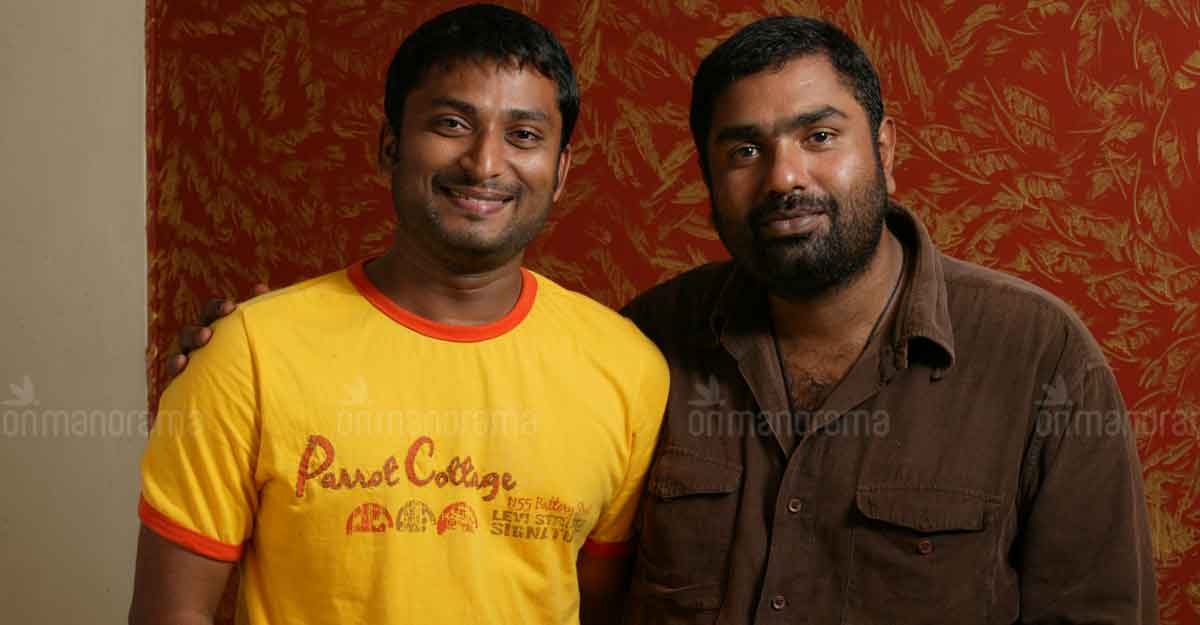
To wrap up, tell us about the films which inspired you to take the plunge into the world of films.
Occurrence at Owl Creek Bridge, a short film. Then there are The French Connection and Platoon. I keep revisiting most of Emir Kusturica’s films, especially Underground.


